Cats have often been stereotyped as aloof and independent, but any cat owner knows that these feline companions can be deeply emotional and affectionate. While some breeds thrive in solitude, there are others whose emotional needs mean they flourish with companionship. In this article, we explore 15 cat breeds known for their emotional depth, and why they should not be left alone for extended periods.
Understanding the unique needs of these felines can pave the way for nurturing a healthy and fulfilling relationship between you and your pet.
Ragdoll
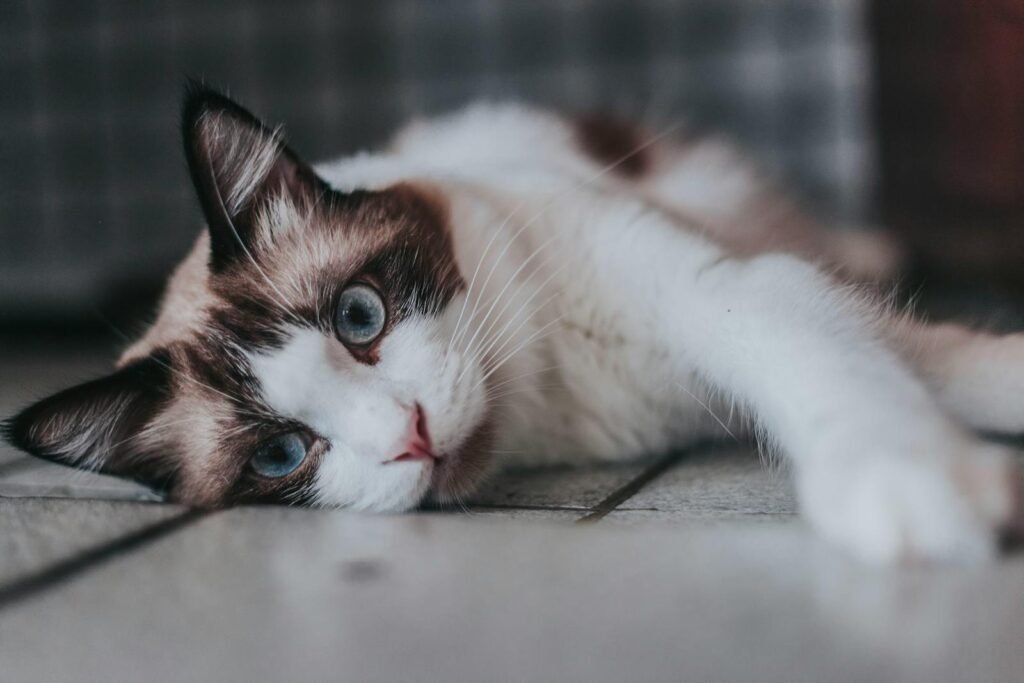
The Ragdoll cat is famously known for its placid temperament and affectionate nature. These cats adore human attention and tend to relax in their owner’s arms like a rag doll. Their emotional dependency can lead to separation anxiety if left alone for long durations. They thrive best in homes where they have constant companionship.
Siamese
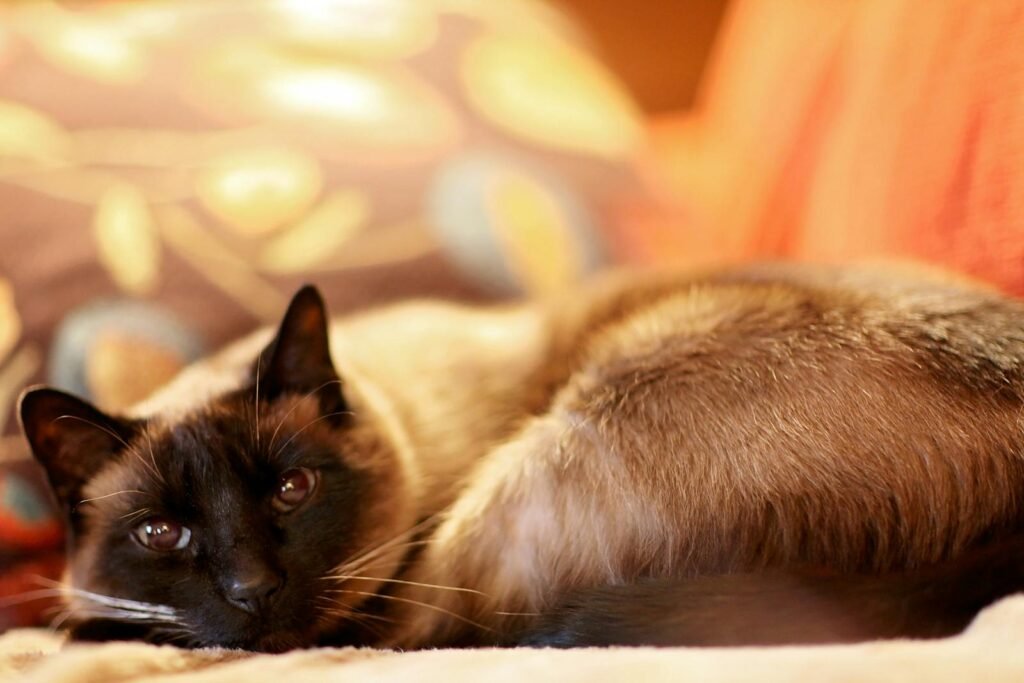
Siamese cats are highly vocal and demand attention, making it clear when they need love and interaction. Their sociable and playful nature means they quickly become distressed if left alone. Known for being great conversationalists, Siamese cats are more content in a bustling home environment where they can interact with family members.
Sphynx
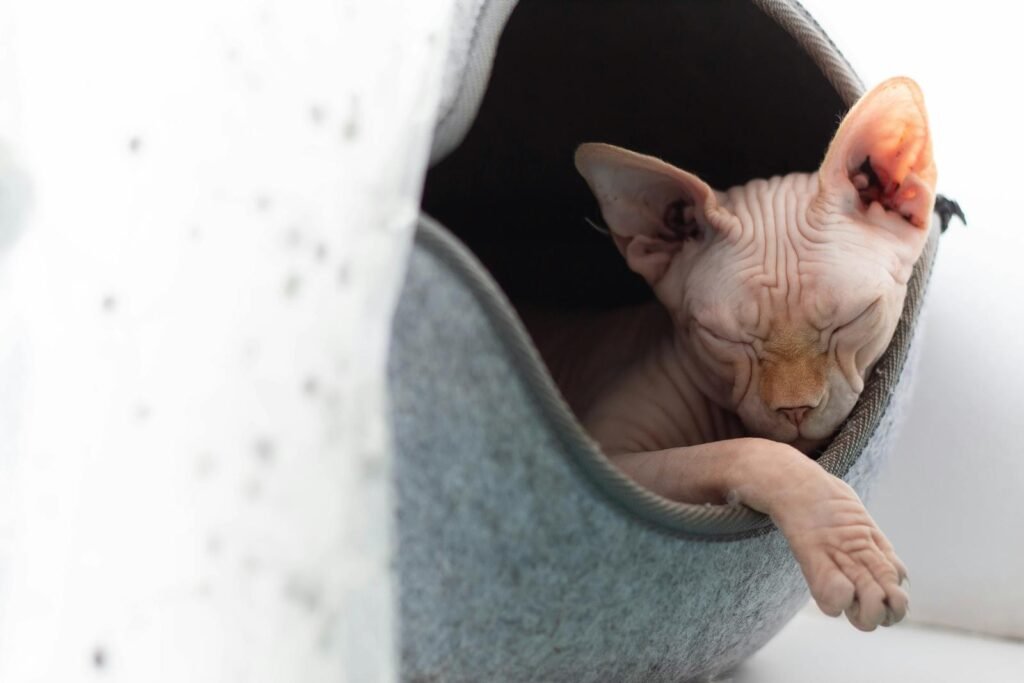
Recognized by their hairless appearance, Sphynx cats are not just unique in looks but also in personality. They are extremely dependent on human affection and do not fare well in solitude. Their need for warmth—both physical and emotional—means they are happiest when in the company of people or other pets.
Scottish Fold

Scottish Folds are known for their distinctive folded ears and sweet disposition. They form strong bonds with their human families and dislike being left on their own. Their playful nature means they need interaction and mental stimulation to prevent boredom and loneliness.
Burmese
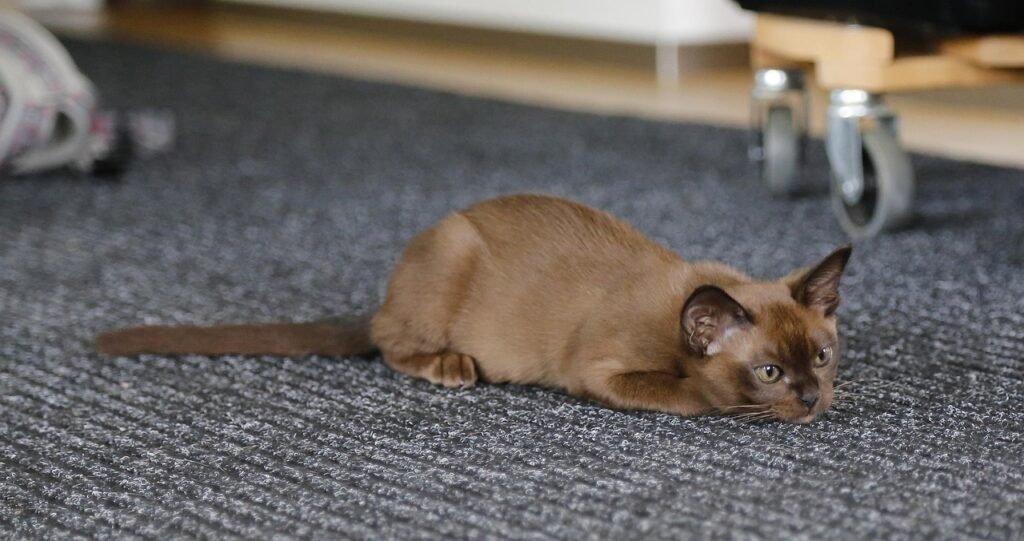
Burmese cats are often described as ‘dog-like’ due to their loyal and affectionate nature. They prefer to be around their human companions and are known to follow their owners like a shadow. Without adequate company, they can become anxious and stressed.
Tonkinese
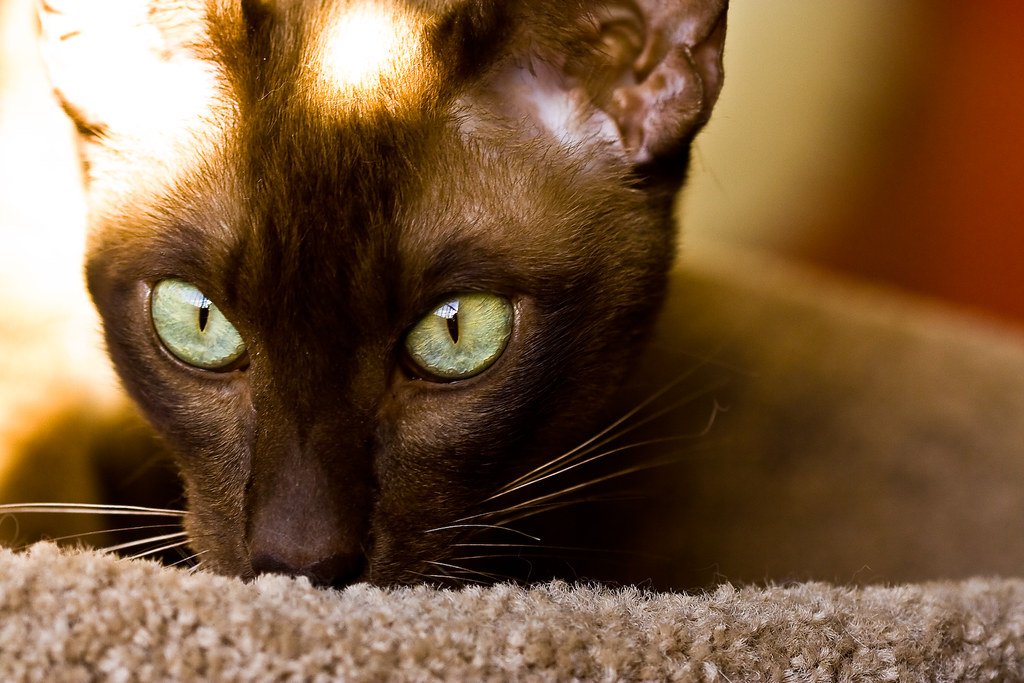
The Tonkinese is a playful and sociable breed that thrives on interaction. They are energetic and love engaging with their human family members or other pets. Isolation can lead to loneliness and depression, making them better suited for households where they have constant company.
Bengal
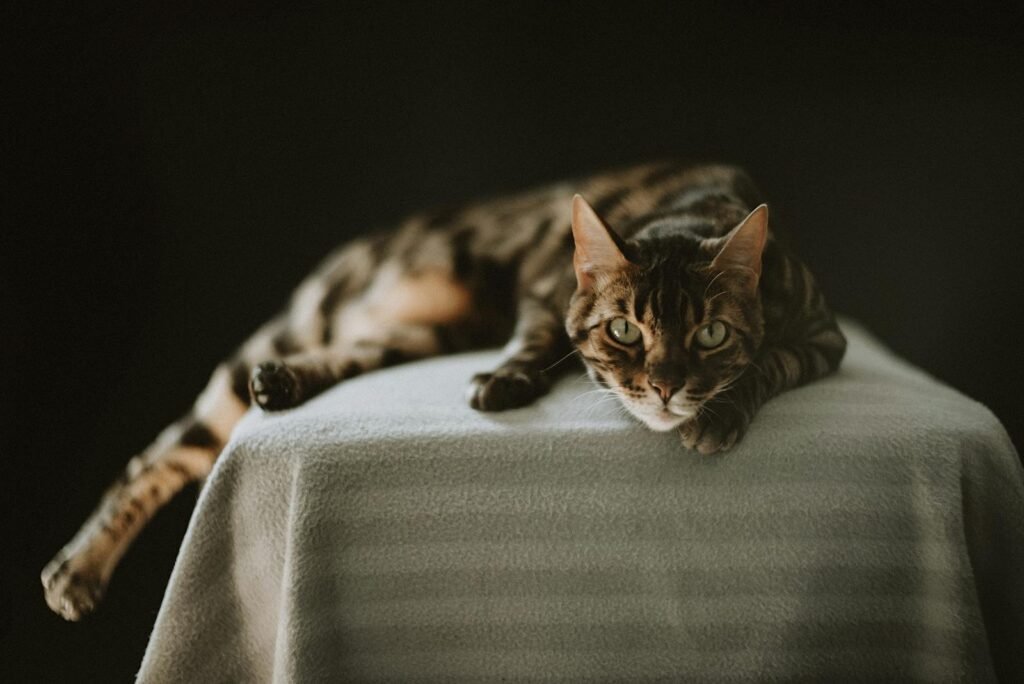
Bengal cats are highly active and intelligent, requiring constant mental and physical stimulation. While their exotic appearance may suggest aloofness, they are quite the opposite—craving social interaction and companionship. Without this, they can become bored and potentially destructive.
American Curl
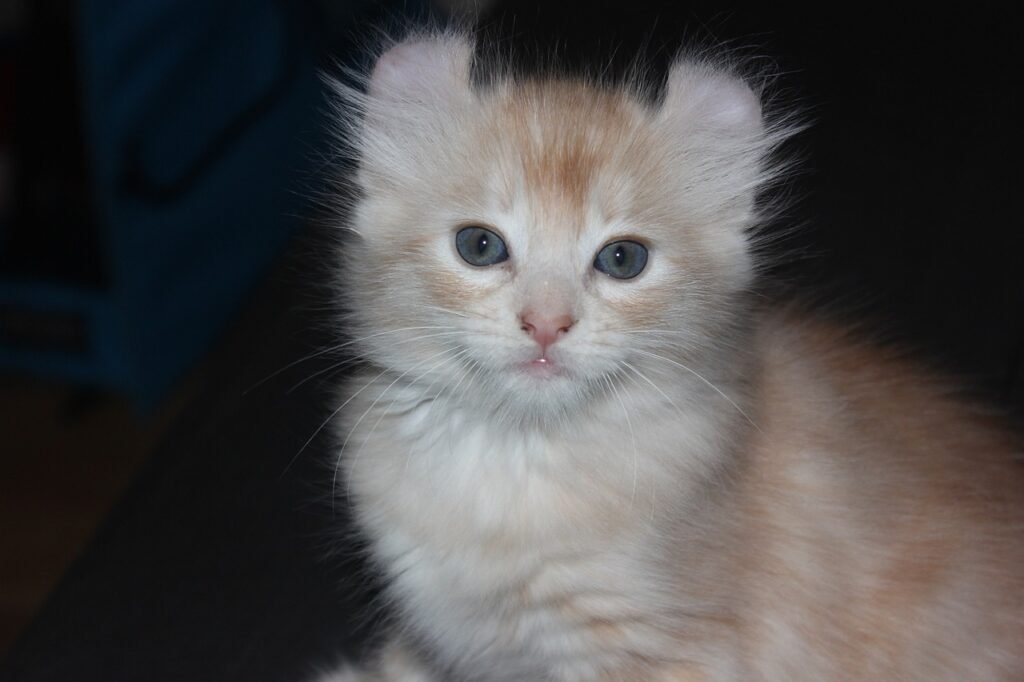
Known for their uniquely curved ears, American Curls are affectionate and adapt easily to different households—provided they aren’t left alone too often. They are social by nature and enjoy being part of a family environment, making them susceptible to loneliness if neglected.
Oriental Shorthair
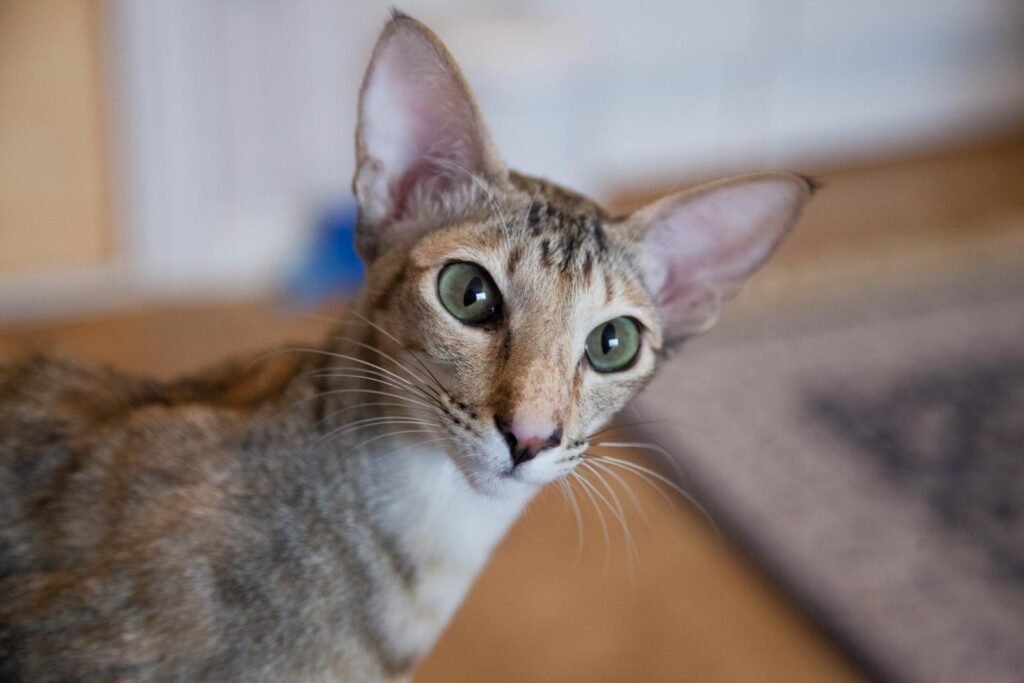
Oriental Shorthairs are active, intelligent, and people-oriented. Their need for engagement means they do not fare well if left alone for extended periods. They are happiest in busy homes where they have plenty of social interaction and attention from their family.
Birman
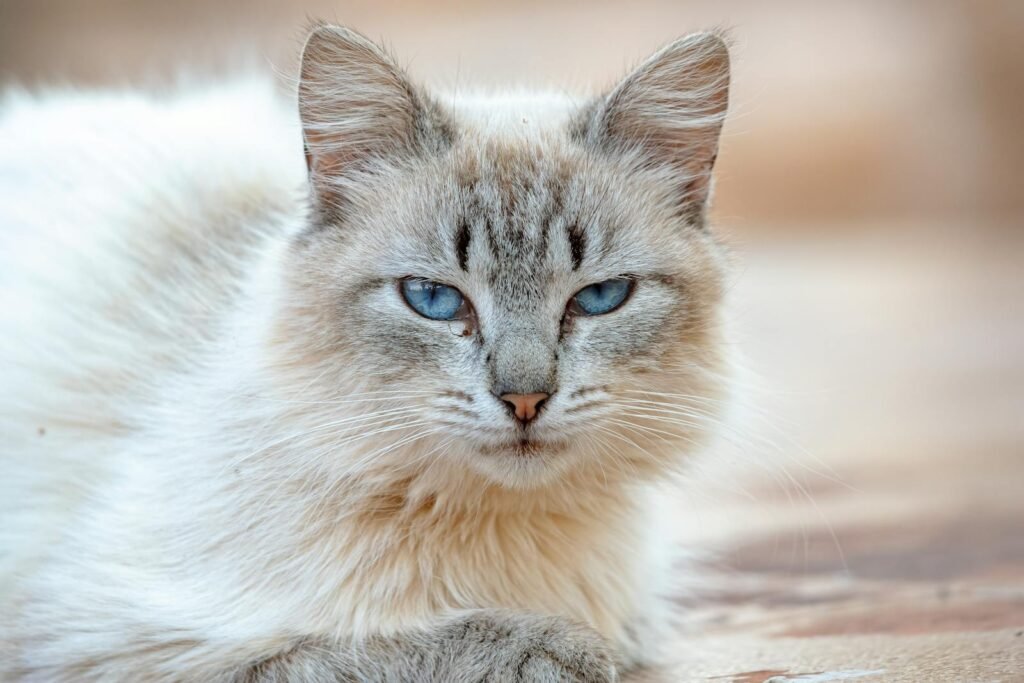
Birmans are gentle and affectionate, known for their striking blue eyes and silky coat. They are naturally social cats who form strong bonds with other pets and humans alike. Loneliness can lead to depression in this breed, making companionship a crucial aspect of their well-being.
Turkish Van
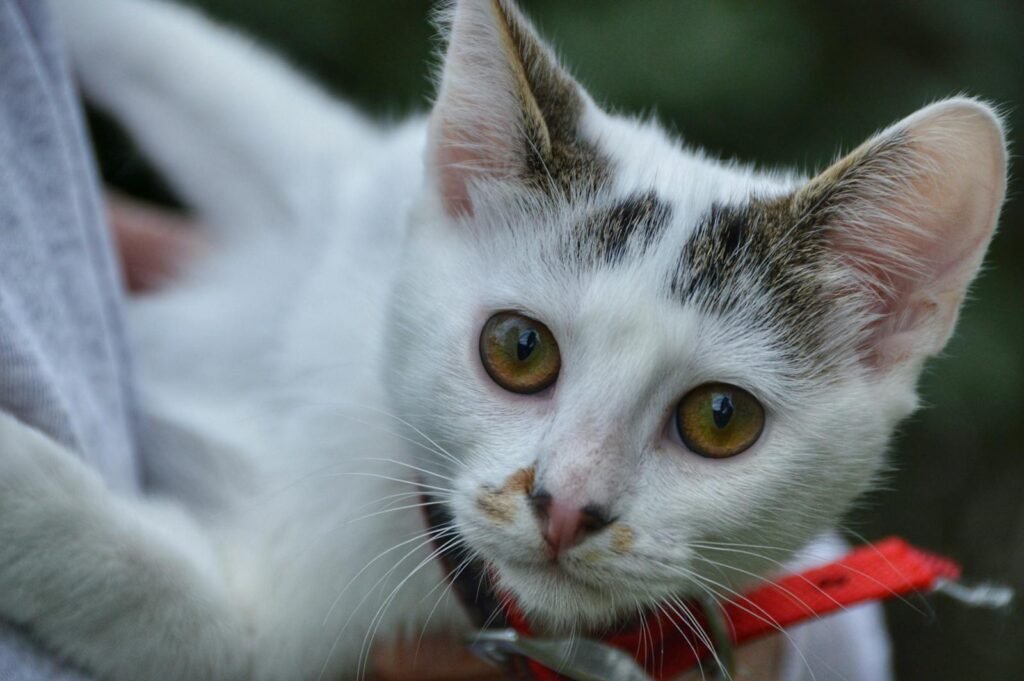
Energetic and curious, Turkish Vans are a breed that thrives on exploration and social interaction. They enjoy playing in water and need a stimulating environment to keep them happy. When left alone, they may resort to mischief and become stressed due to lack of companionship.
Maine Coon
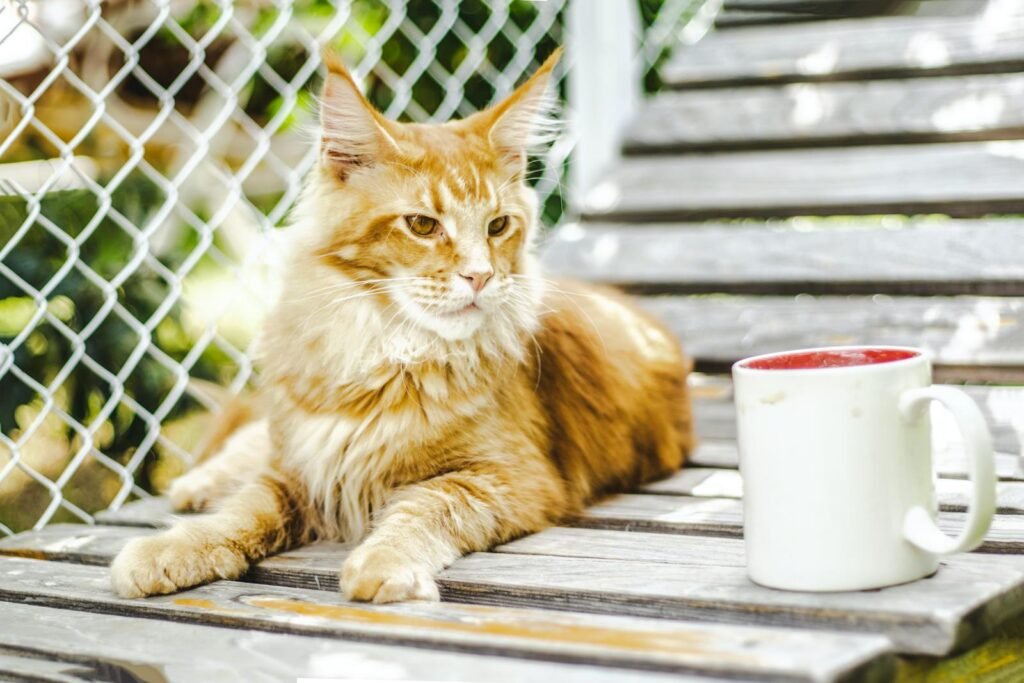
As one of the largest domesticated cat breeds, Maine Coons have a gentle, friendly disposition. They enjoy being part of family activities and require frequent attention and socialization to prevent feelings of neglect or loneliness.
Siberian
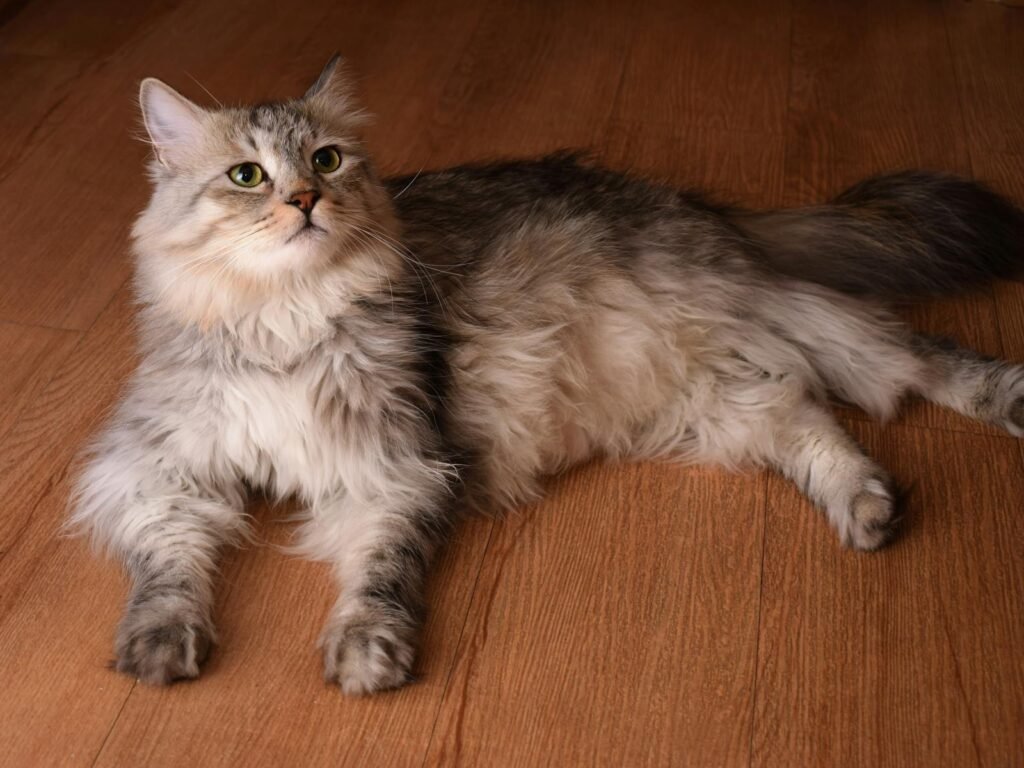
Siberians are known for their strong, muscular builds and affectionate nature. These cats are both playful and loving, cherishing every moment spent with their human companions or fellow pets. They do not enjoy isolation and are best suited for interactive households.
Abyssinian
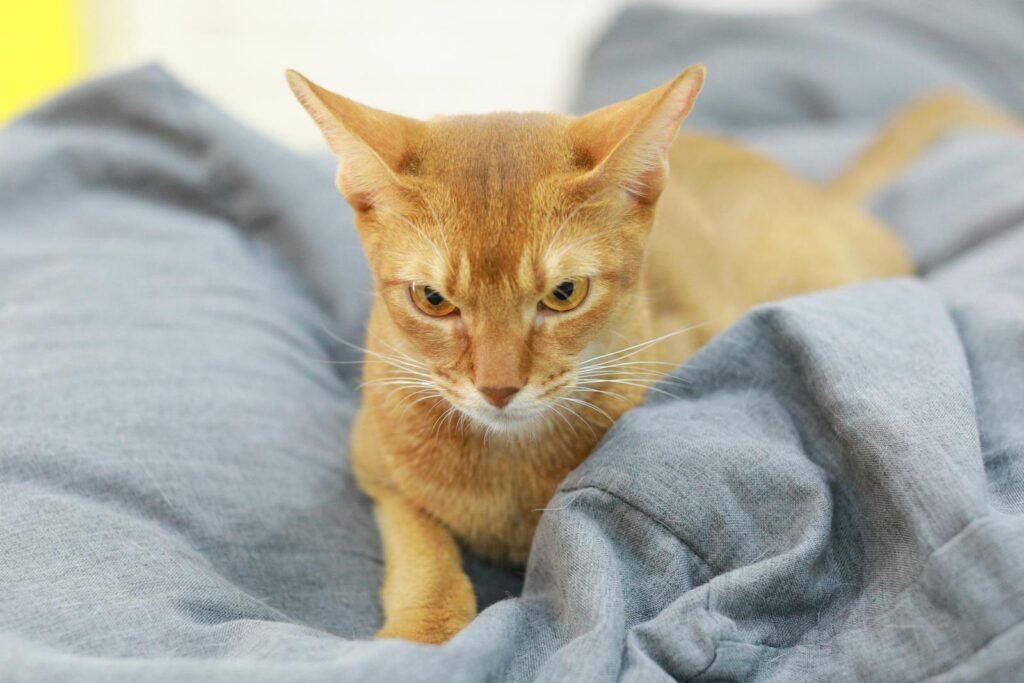
Abyssinians are active and playful cats, always eager to explore and engage with their surroundings. They form strong attachments to their owners and require plenty of attention and playtime. Without these, they can become despondent and anxious.
Balinese
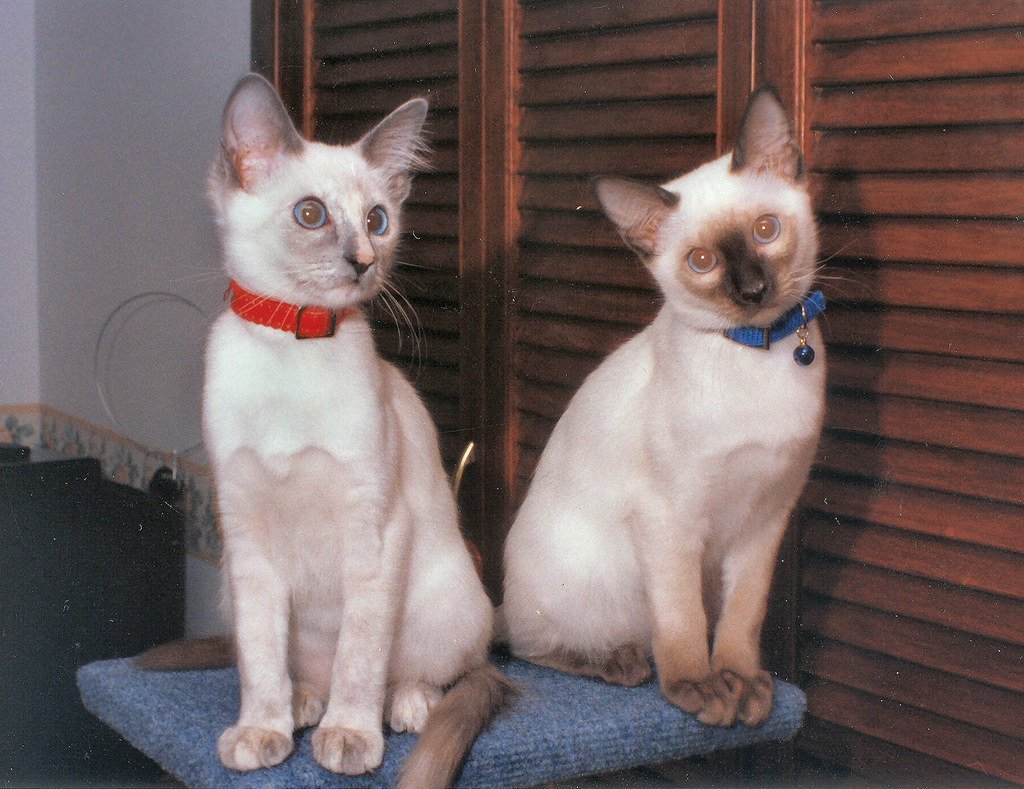
Balinese cats are elegant, intelligent, and extremely affectionate. Their social nature means they seek constant interaction and can develop separation anxiety if left alone regularly. They thrive in lively environments with ample opportunity for engagement and affection.
Conclusion
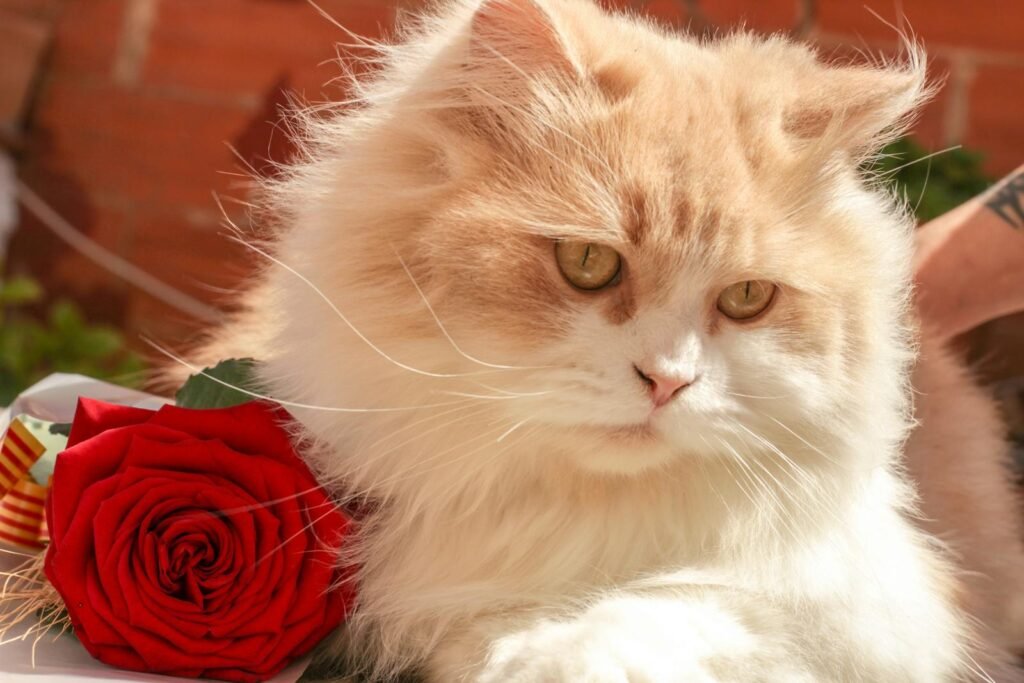
The emotional needs of felines are as varied as their breeds, and recognizing this can lead to more fulfilling relationships between cats and their owners. These 15 cat breeds underscore the importance of understanding the delicate balance between independence and the profound need for companionship. Ensuring that your cat receives adequate affection and interaction can prevent behavioral issues and improve their overall well-being, paving the way for a healthy, happy life together.

Suhail Ahmed is a passionate digital professional and nature enthusiast with over 8 years of experience in content strategy, SEO, web development, and digital operations. Alongside his freelance journey, Suhail actively contributes to nature and wildlife platforms like Feline Fam, where he channels his curiosity for the Feline into engaging, educational storytelling.
With a strong background in managing digital ecosystems — from ecommerce stores and WordPress websites to social media and automation — Suhail merges technical precision with creative insight. His content reflects a rare balance: SEO-friendly yet deeply human, data-informed yet emotionally resonant.
Driven by a love for discovery and storytelling, Suhail believes in using digital platforms to amplify causes that matter — especially those protecting Earth’s biodiversity and inspiring sustainable living. Whether he’s managing online projects or crafting wildlife content, his goal remains the same: to inform, inspire, and leave a positive digital footprint.






